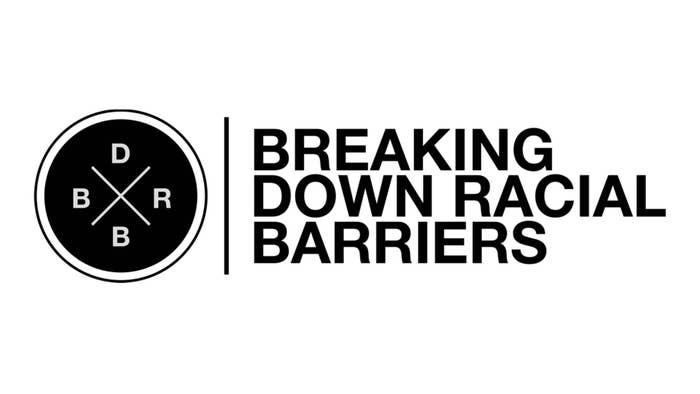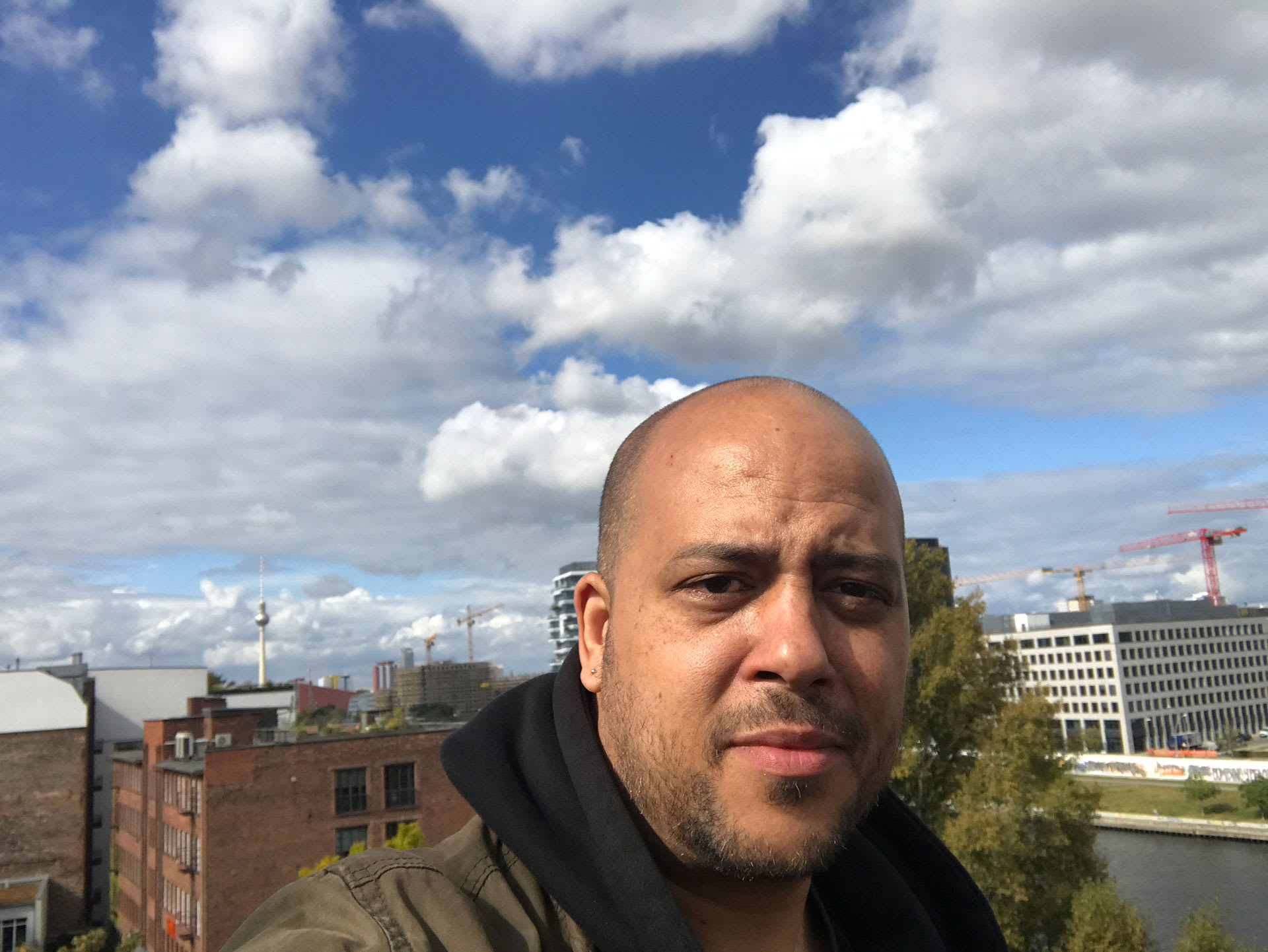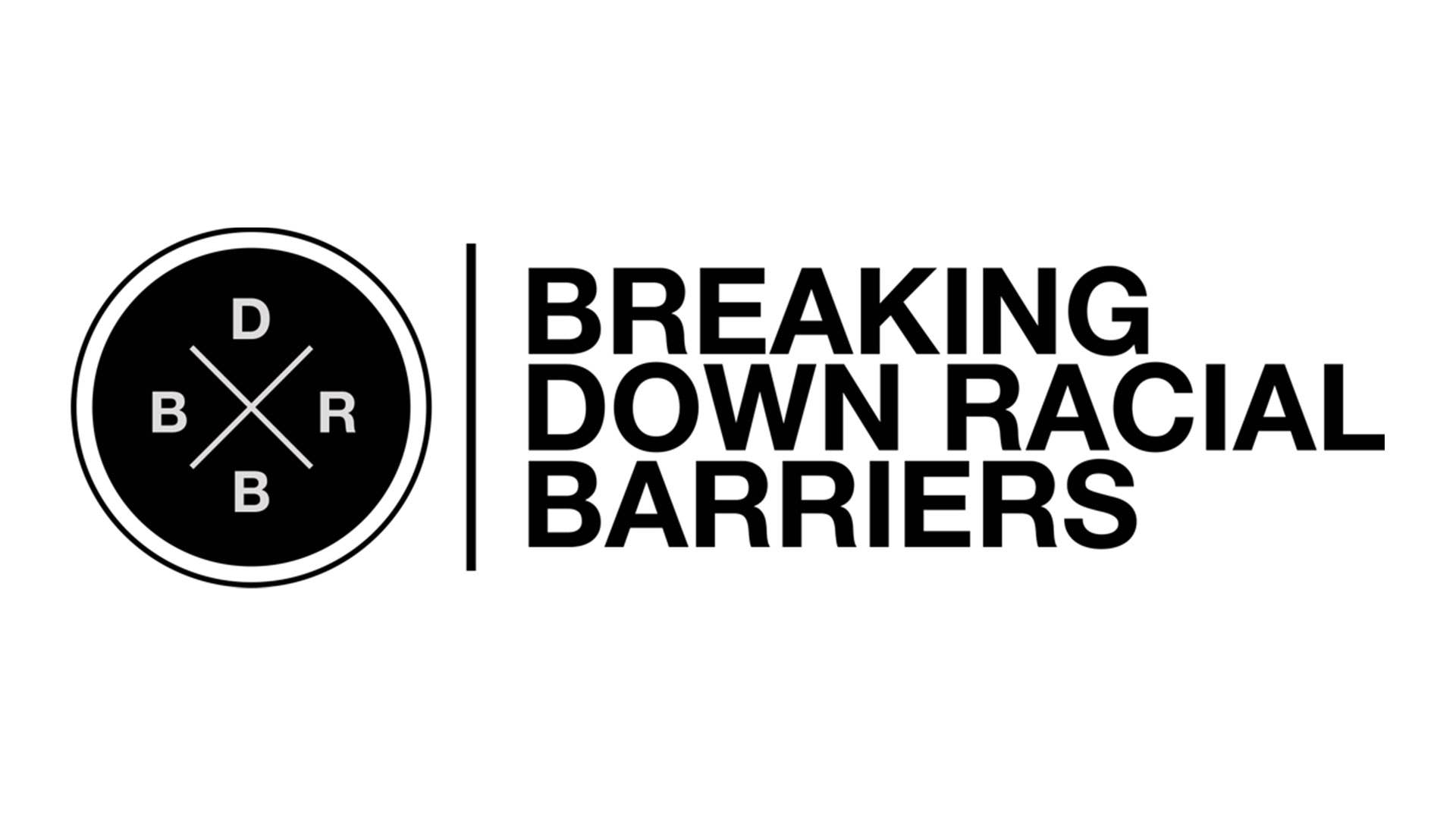
Inspired by the Black Lives Matter protests that have sprung up around the world, Breaking Down Racial Barriersis a roundtable series discussing how to confront, address, and dismantle anti-Black racism in the Canadian music industry.
Presented by the Canadian Independent Music Association in partnership with ADVANCE, a new Black Canadian music business collective, these discussions are focused on the lived experiences of working Black music professionals from across the industry.
For 10 weeks, 60 Black speakers in the entertainment business (from Ian Kamau to Tony “Master T” Young) will come together every Tuesday at 1 p.m. EST to address systemic racism in the music industry in order to promote Black development and foster actionable change.
We had the chance to sit down and talk with the series’ co-founder, artist manager and former Unviersal A&R rep David “Click” Cox, to discuss the inspirations and goals behind this initiative.
This interview has been condensed and edited for clarity.
How was Breaking Down Racial Barriers created?
It’s the brainchild of Ian [Andre Espinet] and I having a conversation one night. It was probably a week after George Floyd’s [murder] and we were just pissed off and frustrated. We both felt that there’ve been systematic problems that have halted the development of music in this country [for Black people]. We sat down and analyzed it, and I went to CIMA and said, “I think we as Black people need to have the discussion first.” We need to mobilize first, we need to listen to each other, and connect with each other, and address it, analyze it, and get to the facts of what are the actual issues and problems and what are the steps that will be taken to address those issues?
What is the goal of this roundtable series?
I look at it with a two-pronged approach. There's the approach to give information to non-Black people on what we face, what the issues are, and how we are addressing it. The other approach is empowerment. Empowerment within our own communities. I want to empower the next individual who wants to own their own publishing company. I want to empower the next Black female to be head of a record label. I want to empower somebody who wants to own another radio station in Alberta. I want to empower Black empowerment of ownership. I think there's an importance in seeing ourselves in positions that control the narrative of what we want to see within ourselves within our communities.
Why is it important to involve as many voices and perspectives as possible?
It’s important that we reflect the country as a whole. I’ve been to every single [music festival] across the country. I know what it looks like and I can say as a fact that there are no Black people behind these organizations. The industry is not just artists—there are accountants, touring managers, lawyers, there’s so many different areas where we can fill those shoes. I want Black people to know there are spaces they can exist in.
"I think there has to be a lot of reform done, and a lot of representation at a high level. And I think that we're at a point now where we can demand it more."
What are some of the upcoming topics that are going to be discussed?
We’re going to be talking about radio issues, media issues, and television. We have one about ads and about ad agencies and creatives and how they work in those spaces. The importance of mentorship: Are there enough Black-run organizations that are actually doing the work in terms of developing and mentoring future generations? We want to make sure we’re talking about ownership and representation amongst ourselves.
Then going into discussions with the artists themselves and how they feel racism is a barrier for them in this country. We’re also talking to people that work at major labels and DSPs (Digital Service Providers) to find out how do we actually move up a ladder and how does leadership work in those spaces?

Through BLM, the civil rights movement has reached another watershed moment. Do you think real sustainable change is on the horizon?
One-hundred percent. People are enlightened right now. How can you not be enlightened by watching a man put his fucking knee on [George Floyd’s] neck for eight minutes? How can you not be enlightened by the atrocities that have been done, when they've been put [on the front page], day after day after day after day, year after year after year? And then you go and see that on the front page when everybody's locked up at home and can't escape reality. So, now this is bringing people to question their inner privileges, inner organizations, and inner structures.
[With] ADVANCE forming, it’s putting a lot of work on our community because we’re getting all these calls from [non-Black] people wanting to do something but at the same time you can’t come to Black people and expect us to fix your problems. You can’t come to us and be like, “Well, there’s an organization that is all Black people, so let me get them involved and we’re good.” Nah—you have to come to the table and recognize what your problems are. And if you can acknowledge that, then you need to address it.
These talks conclude with the Breaking Down Racial Barriers report. What do you hope to accomplish with this action plan?
I have to give Ian the tip of the hat for that because he really manifested that. [The report] was something he was like, “Listen, the most important thing about these roundtables is that they cannot be performative.” This is not a PR stunt. This is not something we are doing to toot our horns and say what's up. We want actual results. This is revolutionary that we're trying to be here. We want to actually ignite change from this. I want to see actual change with representation, and people being empowered of ownership and different things like that.
What were the takeaways from every single week? What were the things that people believe need to be seen to actually make a difference? What are the things that we're not seeing right now, or the limitations that are put in front of us that are stopping us from getting from A to B to C to D? So what are those things that are the barriers? That's why we called it Breaking Down Racial Barriers, because a lot of this comes down to racist things that have been instilled for years, and set up and have not changed because of the top structure. I think there has to be a lot of reform done, and a lot of representation at a high level. And I think that we're at a point now where we can demand it more.
Do you think those within the Canadian music industry will be receptive to this initiative?
They already are—and the ones that aren’t, you’ve shown yourself. The ones that aren’t paying attention, and aren’t getting involved, and aren’t recognizing the work, we see you and we know where you stand. So thank you. Now we know not to knock on your door; if you’re not being part of the solution, you are the problem. And we are either going to march through you or go around you.
You can sign up for the 10-part roundtable series here.


